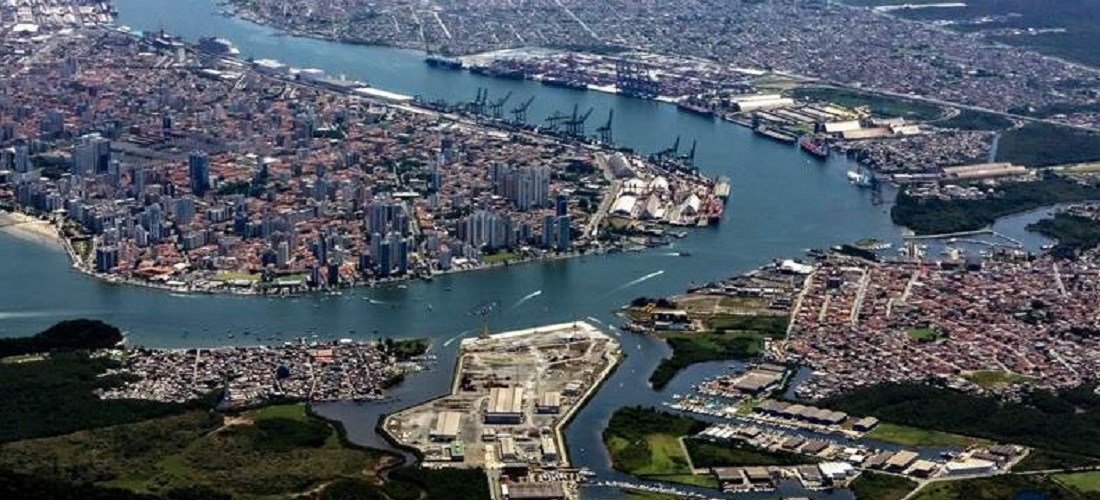
Brazil elect government holds back Port of Santos privatization
Nov, 21, 2022 Posted by Gabriel MalheirosWeek 202247
Port operators and investment funds interested in the privatization of the port of Santos, the largest in Latin America, pulled the handbrake after indications that the future administration of president-elect Lula da Silva would like to review the project.
The impasse already forced the auction postponement, which was initially scheduled for this year.
Sources close to the government transition team coordinated by Miriam Belchior said that the group is pondering giving the green light to the privatization of the access channel only instead of the entire port structure.
As it was sent to the TCU (Tribunal de Contas da União), the project foresees at least R$ 30 billion investments to expand the port’s outflow capacity. The grant will cost around R$10 billion for the port and access channel.
Everything changes with a project to privatize only access (navigable waterways).
The current privatization process permits Santos operators to associate in consortia to submit bids for the port as long as they limit each share to 5% – a regulation aimed at preventing a single group from controlling the entire port structure.
Connoisseurs of the project claim that privatizing only the accesses to the port restricts the interest of private groups too much, delaying investments that would allow the port to receive more cargo in the coming years.
The privatization of the port was idealized by the team of the former Minister of Infrastructure, Tarcísio de Freitas – governor-elect of São Paulo. At the time, Freitas designed privatization to occur alongside railway concessions, especially those departing from Brazil’s Midwest transporting agricultural produce to Santos.
The volume of transported cargo is expected to double due to previously defined investments under railway concession contracts.
Today, the port does not have adequate railroads and terminals to meet the growing demand.
A chain reaction will likely happen if these investments do not occur, thanks to the government change, creating a financial imbalance in the railway concessions.
That’s because they will lack the necessary income. Due to the port’s insufficient outflow capacity, cargoes risk arriving at the port and being kept idle while waiting for transshipment. According to government experts, such a scenario would encourage the northward redirection of cargo flows or more expensive logistical solutions, making exports less competitive.
Source: Folha de S. Paulo
To read the full original article, please go to: https://www1.folha.uol.com.br/colunas/painelsa/2022/11/novo-governo-coloca-em-xeque-privatizacao-de-santos.shtml
-
Ports and Terminals
Sep, 09, 2022
0
Port of Imbituba throughput reaches 695,000 tonnes in August
-
Trade Regulations
Aug, 29, 2022
0
India restricts wheat flour exports to ease record local prices
-
Ports and Terminals
Feb, 21, 2024
0
Brazil miner Vale eyes more battery systems in its operations
-
Grains
Aug, 02, 2022
0
Argentina farmers celebrate as grain export revenue record is broken

